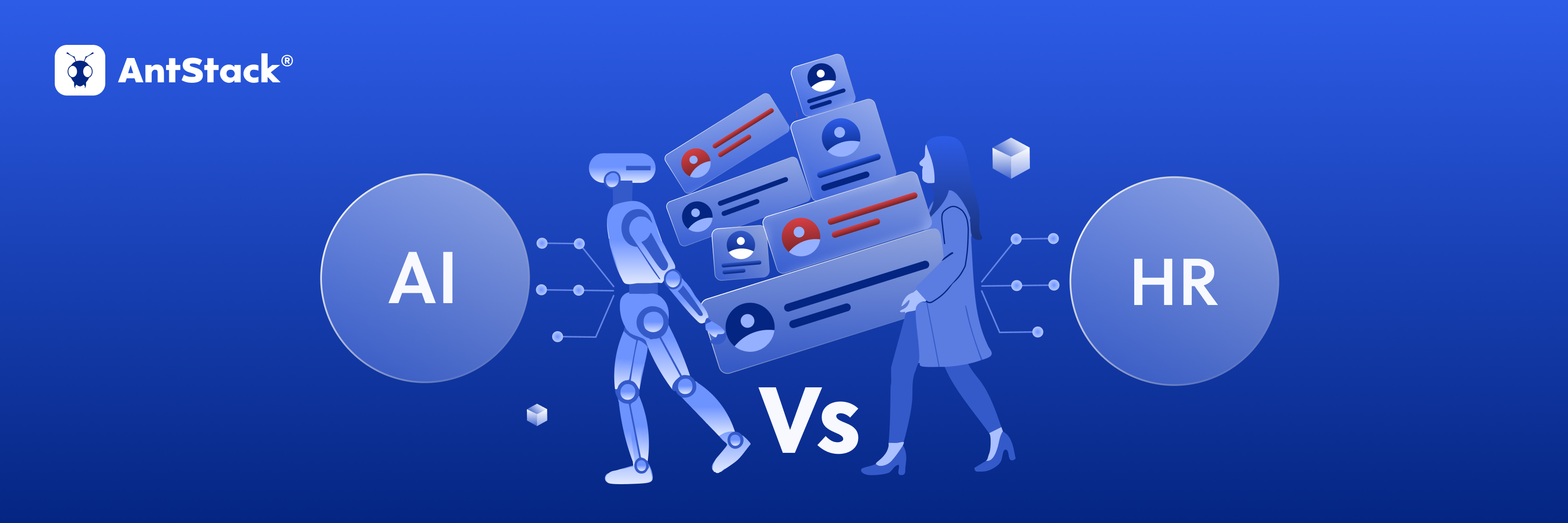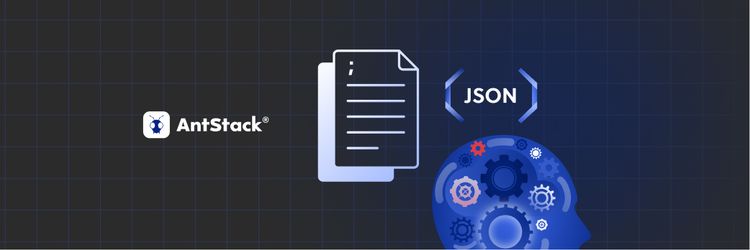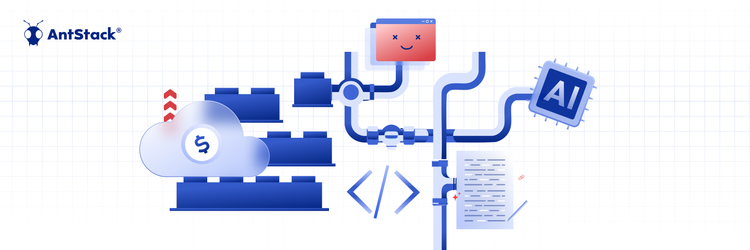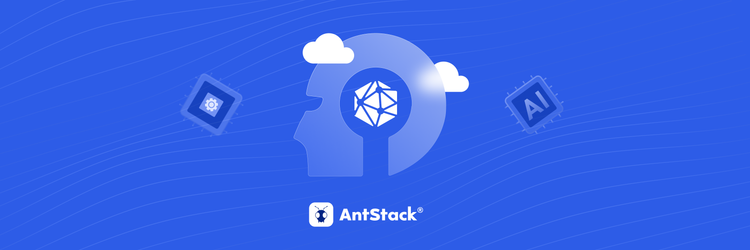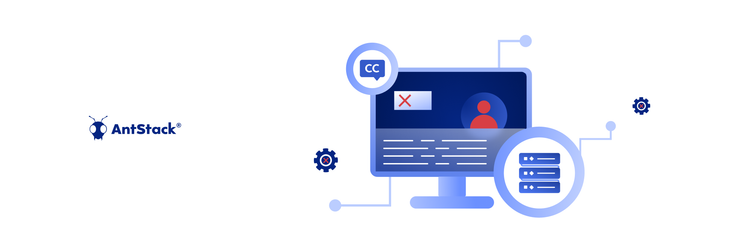The rise of AI has brought a wave of excitement, but also a fair share of fear. Many employees feel insecure about their jobs when Artificial Intelligence comes into the picture. Honestly, I was one of them, too. That fear pushed me to dig deeper and understand AI better, and I want to share my learnings with you through this blog.
Instead of seeing AI as a substitute, let’s start looking at it as a supplement, a tool that can support us, not necessarily replace us.
Can AI Really Replace HR?
Not long ago, AI-generated images, videos, or designs looked far from human-made. We could easily laugh them off, spotting the differences instantly. Fast-forward just two years, and now it’s often impossible to tell whether something was created by AI or a human.
This is the pace of AI’s evolution. Today, we may think HR jobs are safe. But what about two years from now? None of us can say for sure.
At a recent AWS conference, I asked a techie why employees fear AI so much. Their response struck me: “AI is not a replacement for employment, it’s a tool to adapt to and grow with.”
Where AI Can Help
There’s no doubt that AI is already reshaping HR in some ways:
Recruitment: AI can screen resumes faster and even schedule interviews. Onboarding: Chatbots can answer basic questions about policies and processes. Payroll & Compliance: Automation can reduce errors and save time.
For large MNCs, this efficiency helps scale operations. For smaller organizations, the cost-benefit ratio is different, and heavy AI adoption may not make sense yet. But eventually, everyone will need to adapt.
But HR Is So Much More
Here’s the part AI cannot do: HR is not just about payroll, onboarding, or ticking compliance boxes. HR goes far beyond payroll, onboarding, or compliance checklists. At its core, HR is about people. It means being there to listen when employees face challenges at work or in their personal lives, showing empathy, and helping them navigate the frustrations or conflicts they encounter. It’s about offering guidance, mentoring, and shaping career paths, while also nurturing a positive workplace culture where employees feel safe, valued, and motivated.
Let’s be honest, when someone is struggling with stress, career doubts, or even workplace conflicts, nobody wants to “talk to a bot.” They want a human being who listens, understands, and cares. That is the heart of HR, and no AI can replicate it.
My Personal Takeaway
When I first felt insecure about my job, I spoke to my CTO. His advice was simple yet powerful:
“When you are really good at what you do, nothing scares you. Keep putting in the effort, get better at your craft, and stay confident. The process of learning and upskilling never ends.”
That shifted my perspective. Instead of worrying about AI, I now focus on continuous learning, staying relevant, and growing alongside the technology.
Final Thoughts
AI isn’t the threat, it’s a powerful partner. It can streamline operations, reduce repetitive work, and even open up new opportunities for HR professionals. What matters most is our ability to adapt, stay skilled, and embrace lifelong learning.
Because at the end of the day, AI may assist, but it can’t replace the human touch in HR. The ability to listen, empathize, and guide is what makes HR irreplaceable. The future belongs to those who adapt, upskill, and balance technology with humanity.
